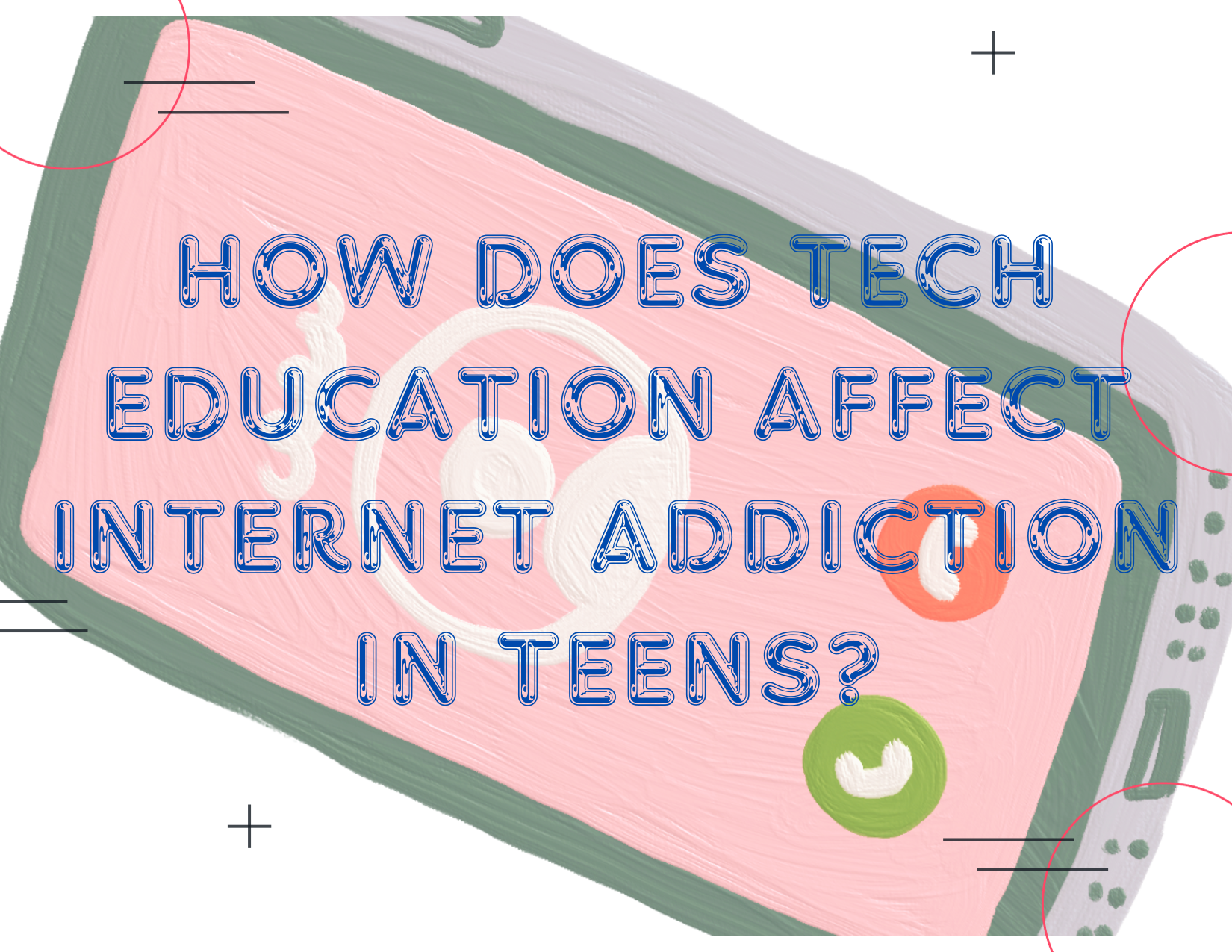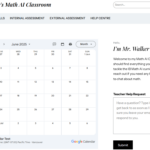Over the last few months, I’ve been very interested in how cell phone usage impacts our students and how we can help them self-regulate their behaviors around using their devices. It is my intuition that education or conditioning is a better route than prohibition. The prohibition of alcohol in the 1920s did little to curb criminal behavior and the lack of sex education often has a negative effect on our youth and young adult population.
As I began to research this problem, I encountered two difficulties: (a) there was little research available on how education and self-regulation could affect cell phone usage and (b) some of the research seemed close but not quite right. This led me to two possible intermediate conclusions: (a) self-regulation is the result of healthy cell phone usage and (b) teens are only using their devices inappropriately in class because they may be addicted to the internet.

I came to a sad realization as I searched for photos to depict teenage internet usage: many of them depict teenagers isolated from one another. Few are shown as happy or socially engaged. This is exactly my issue. If inappropriate internet usage already distracts our children and puts them behind academically, we also now have to contend with their worsening mental and social states as well.
Through this preliminary research, I think I have landed on a worthy topic to conduct some juicy TechEd research:

Research Questions
- What school-wide changes can we institute to reduce internet addiction?
- Does education about internet usage lead to reduced internet addiction?
- In what ways can teachers educate students about appropriate internet usage?
- What role do teenagers play in their own internet addiction?
- How does technology restriction affect internet addiction in high schools?
What the literature says
Technology addiction is a non-chemical behavioral “issue” that may or may not be classified as an addiction. A potential cause for technology abuse is temporary lapses of self-regulation but when resources are replenished, users can return to normal usage without intervention. This article suggests that medical intervention is not needed (as with traditional addiction) but replenishing resources related to self-regulation is effective (Sorer et al., 2012). How can we replenish these resources in our students?
Adolescents who display problematic cell phone usage we likely to continue this behavior into emerging adulthood. This phenomenon is not transient but reflects a significant phenomenon that stretches over developmental stages (adolescents and young adults). Problematic cell phone usage predicted depressive symptoms which can be considered out first motivation for this study. This study also found that self-regulation is related to problematic cell phone usage (Coyne et al., 2019).
This study (Ertemel and Ari, 2020) has developed an educational program aimed at reducing internet addiction through education. It uses and exposes popular marketing approaches to attract users such as gamification and the hook strategy. In the early stages, students are exposed to predatory practices used by social media and applications to keep users engaged longer. Students were then asked to make several behavioral observations and changes such as tracking screen time, reflecting on how certain apps made them feel, silencing notifications, and removing unwanted apps. This study found a significant decrease in problematic smartphone usage after students participated in the educational program. It also found that it was more effective for boys than girls since girls tend to associate their core identity more with their phones.
It seems to me that this problem may be harder to treat in girls rather than boys. Since I work at an all-girls school, it may be beneficial for the literature for me to focus on girls for this research project.
Bibliography
Coyne, S. M., Stockdale, L., & Summers, K. (2019). Problematic cell phone use, depression, anxiety, and self-regulation: Evidence from a three-year longitudinal study from adolescence to emerging adulthood. Computers in Human Behavior, 96, 78–84. https://doi.org/10.1016/j.chb.2019.02.014
Internet and Smartphone Use-Related Addiction Health Problems: Treatment, Education and Research. (2021). MDPI. https://doi.org/10.3390/books978-3-0365-1275-4
Soror, A. A., Steelman, Z. R., & Limayem, M. (2012). Discipline Yourself Before Life Disciplines You: Deficient Self-Regulation and Mobile Phone Unregulated Use. 2012 45th Hawaii International Conference on System Sciences, 849–858. https://doi.org/10.1109/HICSS.2012.219






